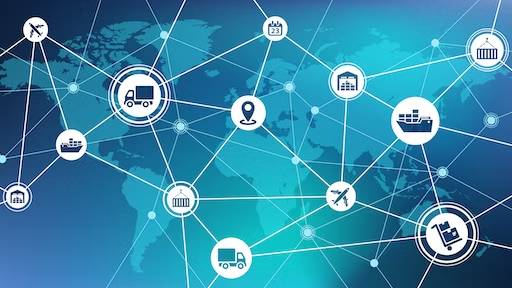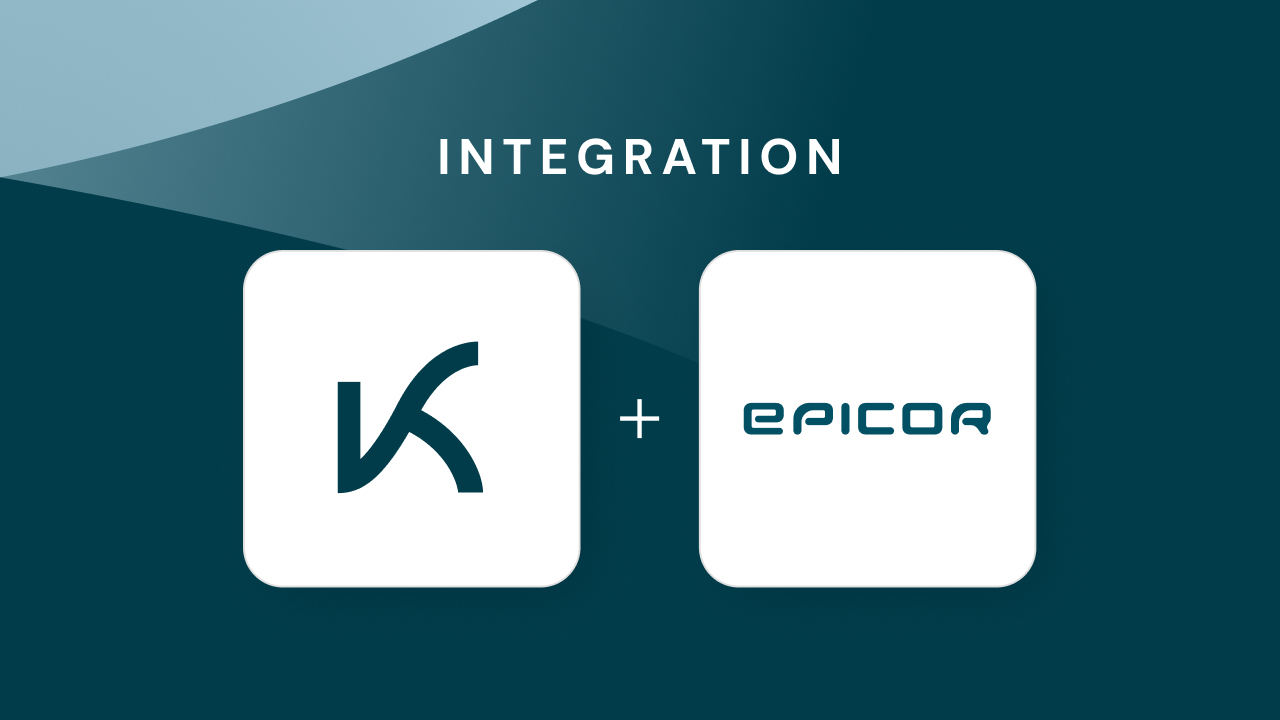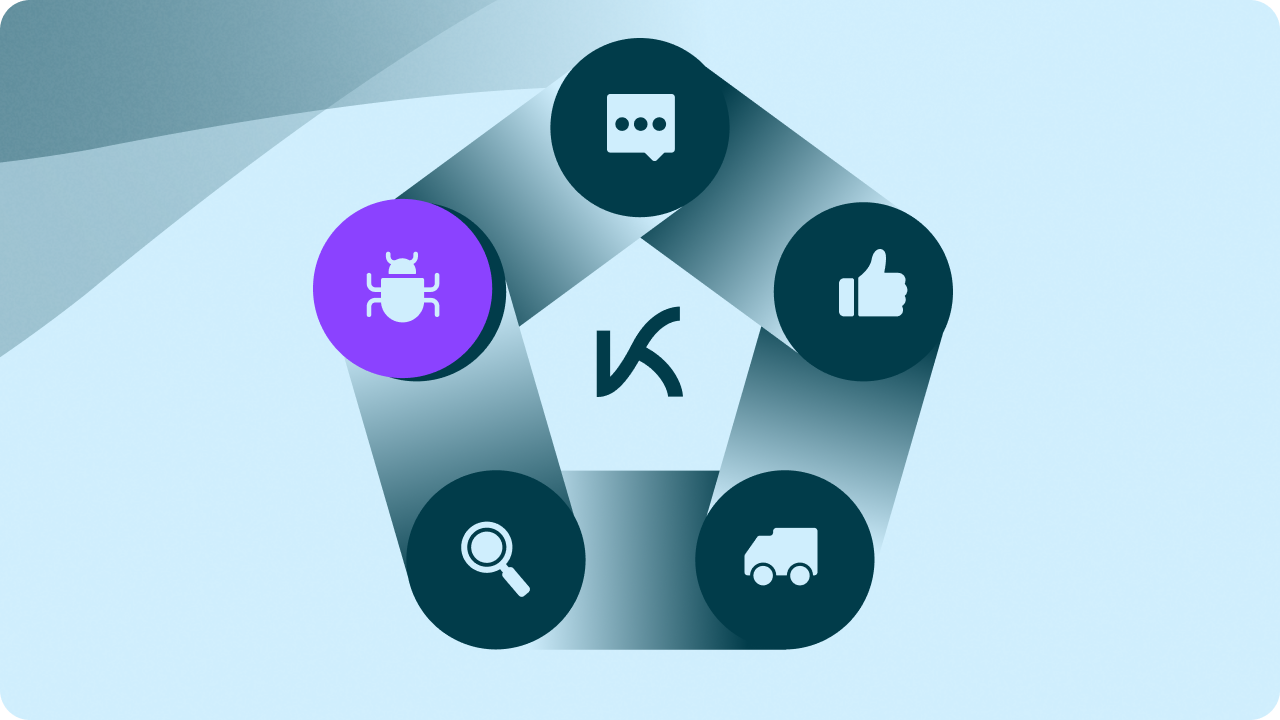
The supply chain industry faces rising complexities from consumer demands, trade uncertainties, natural disasters, and more. To stay competitive, supply chain leaders must leverage AI to dramatically improve productivity, agility, and resilience
AI is no longer just hype – leading organizations like Amazon, Walmart, FedEx and UPS are already using it throughout their supply chain operations. According to Gartner, 50% of supply chain organizations will invest in applications that support artificial intelligence and advanced analytics capabilities through 2024. The firms that transform their supply chains with AI first will gain a major competitive advantage.
AI offers three main benefits for supply chain productivity:
1. Intelligent Automation of Manual Processes
Many supply chain processes involve repetitive, low-value tasks that can be automated entirely by AI. For example:
- Purchase order generation – AI can pull data from multiple systems and automatically create purchase orders, reducing overhead costs. Amazon uses this to cut fulfillment center staffing needs by 20%.
- Shipment booking – AI can instantly search options, compare costs, and book shipments without human intervention. DHL reports saving 60% in booking costs.
- Customs clearance – AI can automatically fill out forms and submit documentation to customs authorities. This reduces delays and slashes administrative costs.
2. Enhanced Demand Forecasting and Planning
AI applies predictive analytics and machine learning to demand sensing and planning activities. This provides:
- Hyper-accurate demand forecasts – By analyzing billions of data points, AI can detect demand patterns and changes faster than humans. Walmart has reduced out of stocks by 10-15% with AI forecasting.
- Dynamic inventory optimization – AI systems can rapidly reroute inventory across networks to align with demand shifts. This prevents shortages and excesses.
- Efficient production planning – AI considers probabilities and constraints to create optimal production schedules. Baked-in machine learning continuously improves planning.
3. Intelligent Logistics Optimization
AI can optimize logistics decisions instantly by processing millions of variables and constraints.
- Dynamic delivery routing – AI adjusts routes to account for real-time traffic, weather delays, and other disruptions. UPS uses AI routing to save $200 million a year.
- Load consolidation – AI analyzes all shipment options and finds the most efficient way to consolidate loads across a distribution network. This reduces costs and carbon emissions.
- Automated warehouse picking – AI-driven robots can rapidly retrieve items for order fulfillment. This cuts warehouse labor costs by up to 40%.
- The supply chain leaders that embrace AI first will boost efficiency, reduce costs and delight customers with superior responsiveness and availability. To drive the next productivity frontier, invest in AI now.
And these companies are not alone in driving innovation across supply chain and inventory management processes. In a research conducted by McKinsey & Co, the company predicts the potential productivity gain of 1.2 to 2.0 percent of annual revenues, or $400 billion to $660 billion by AI streamlining processes and automating key functions such as inventory and supply chain management.
It is clear that artificial intelligence is rapidly transforming the supply chain industry and companies that fail to adopt AI will likely be left behind. The consequences of not adopting AI include:
- Increased costs coming from more money on labor, transportation and other expenses.
- Reduced efficiency due to not adopting AI automations.
- Poor customer service due to not resolving customer problems more quickly.
- Increased risk of disruptions which can lead to lost customers and revenue and therefore damage to their reputation.
On the other hand, companies that adopt AI will drive the next productivity frontier.
- AI will revolutionize decision-making, elevating supply chain leaders from data analysts to strategic thinkers. Rather than spending time processing data, leaders can rely on AI insights to focus on high-impact strategies that create competitive differentiation.
- With AI, supply chains will morph into cognitive, self-learning networks that understand shifting constraints and continuously adapt to optimize outcomes. Much like the human brain, supply chains will become intelligent entities unto themselves.
- AI will enable ultra-coordinated, hyper-efficient supply chains that can dynamically align production, inventory, and logistics with real-time market demands across global networks. Supply and demand will dance in perfect harmony.
We are at the dawn of the AI era for supply chain management. Early adopters have only scratched the surface of AI’s potential. Over the next decade, AI will catalyze innovations we cannot yet envision, taking supply chains from vulnerable to antifragile. The future belongs to the supply chains that embrace AI first.

Discover the Power of Kognitos
Our clients achieved:
- 75%manual data entry eliminated
- 30 hourssaved on invoicing per week
- 2 millionreceipts analyzed per year



